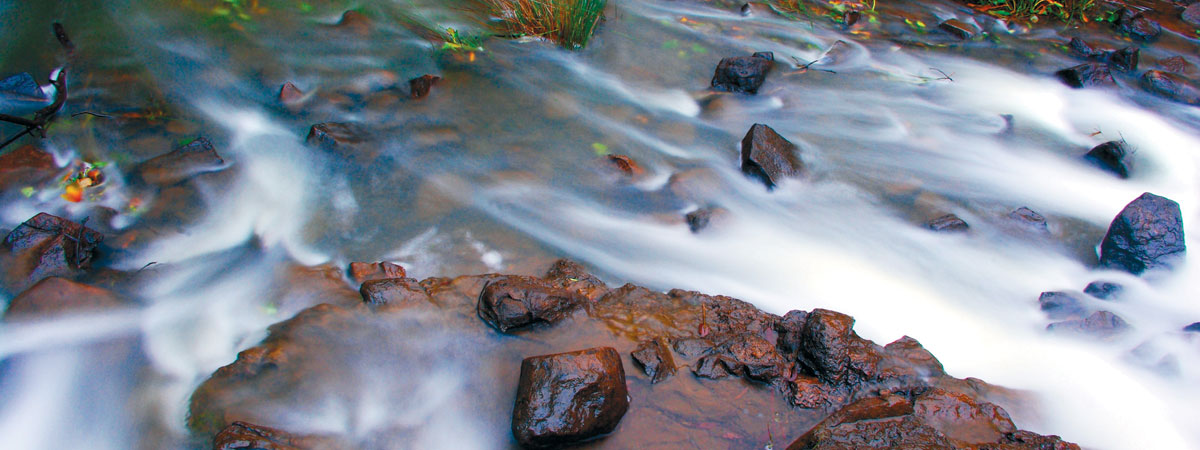The old saying is “the end justifies the means” by Machiavelli in the 16th century. In the hydrometric business
the “end” has in the past been to provide accurate flow and level and other data, with certified and experienced
hydrographers, following national standards and/or best practice methods as “the means”.
With the advent and increasing use of SCADA telemetry systems, users and clients are more and more requiring
the availability of this data real-time, to make operational decisions.
At first this was only at sites where some operational control could be exercised by the operator. In several
large water authorities, however, this thinking is being extended to include all monitoring sites, including
those used for long term planning and reporting — with strong questioning of the need for continuing any
non-operational sites.
This is now leading to questioning of the frequency of site visits and the cost of accurate calibration checks,
which are not done for similar SCADA sites. These business reviews go hand in hand with budget cuts. So what
is basically the “means” of collecting data (i.e. real time telemetry) is now becoming “the end” in questioning the
accuracy maintenance practices and costs of the hydrometric industry.
In effect there is a growing risk that future hydrometric work will be done by electricians and not hydrographers.
This paper presents the history of this issue as observed in Sydney Water and the NSW Department of
Primary Industries. Its purpose is to raise the issue, with the hope that a way of working together can be found
which benefits both the hydrometric industry and the electrical engineering industry (i.e. SCADA aspects),
going forward.

